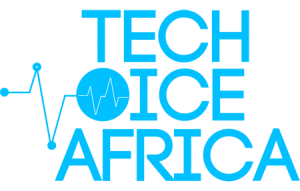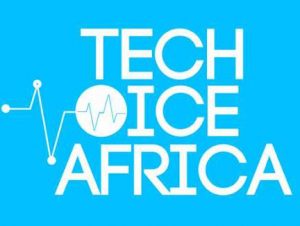Huawei has held its 17th Analyst summit on the theme “seamless AI life” in Shenzhen China. The event which officially commenced on the 18th of May 2020, had a Consumer business session on the 19th and had in attendance a wide range of experts to discuss the latest industry trends and innovative technologies in privacy and security and Huawei’s privacy and security capabilities.
Mr Eric Tan, Vice President of Consumer Cloud Service of Huawei Consumer Business Group (CBG), in his keynote speech titled, “Rethink the Seamless AI Experience with the Global HMS Ecosystem” spoke about privacy and security in Huawei’s global HMS ecosystem from the perspectives of global certification, application development, hardware, and cloud.
He stated that, Huawei abides by GAPP, GDPR, and all local laws and regulations to ensure privacy compliance worldwide and further mentioned that the company has obtained over 20 privacy and security certifications globally and spares no efforts when protecting user privacy and data security.
He pointed out that while providing rich experiences, Huawei regards cyber security and privacy protection as its top priority. Huawei is among the first companies to obtain the ISO/IEC 27701 certification globally, and is the only one of the world’s top three vendors to possess the ISO 27701, CSA STAR, and EuroPriSe certifications.
Mr Tan further stated that Huawei ensures a secure application system for applications (including third-party applications) running in the Huawei ecosystem. He further stated that Huawei assures security throughout the entire process, covering application release, download, and operation. “The company implements real-name authentication for developers and exclusive quadruple detection, which includes malicious behavior detection, security vulnerability scanning, privacy breach checks, and manual real-name verification during the release phase”.
He revealed that Huawei ensures chip-level payment security and Huawei has a built-in SE hardware zone which is independently encrypted in the Kirin chip.
He stated, Huawei Cloud offers consumers functions such as cloud backup and synchronization and implements multiple encryption measures such as local data encryption, transmission channel encryption, and cloud encryption to guarantee user privacy and data security.
Dr Wang Chenglu in his speech titled “Software-powered, Seamless AI Experiences and Ecosystems”, illustrated how distributed security is maintained to build trust between people, devices, and data, and ensures user privacy and data security in all scenarios.
He explained that firstly, ensure that users are using the correct devices to process data and Huawei has developed a comprehensive security and privacy management system that covers smart phone chips, kernels, EMUI, and applications. This allows devices to establish trusted connections and transfer data based on end-to-end encryption.
Secondly, ensure the right people are accessing data and operating services via the distributed security architecture which makes coordinated, multi-device authentication possible. An authentication capability resource pool is established by combining the hardware capabilities of different devices. The system provides the best security authentication measures based on authentication requests and security level requirements in different business scenarios.
Finally, data is classified by level and then protection standards are defined accordingly in order to protect data throughout its lifecycle, from generation and storage to usage and transmission. This ensures that users are using data in the right way.
“The core concept is to ensure that the right people access the right data with the right devices, and this will remain unchanged for a long time.” stated Dr Wang.















